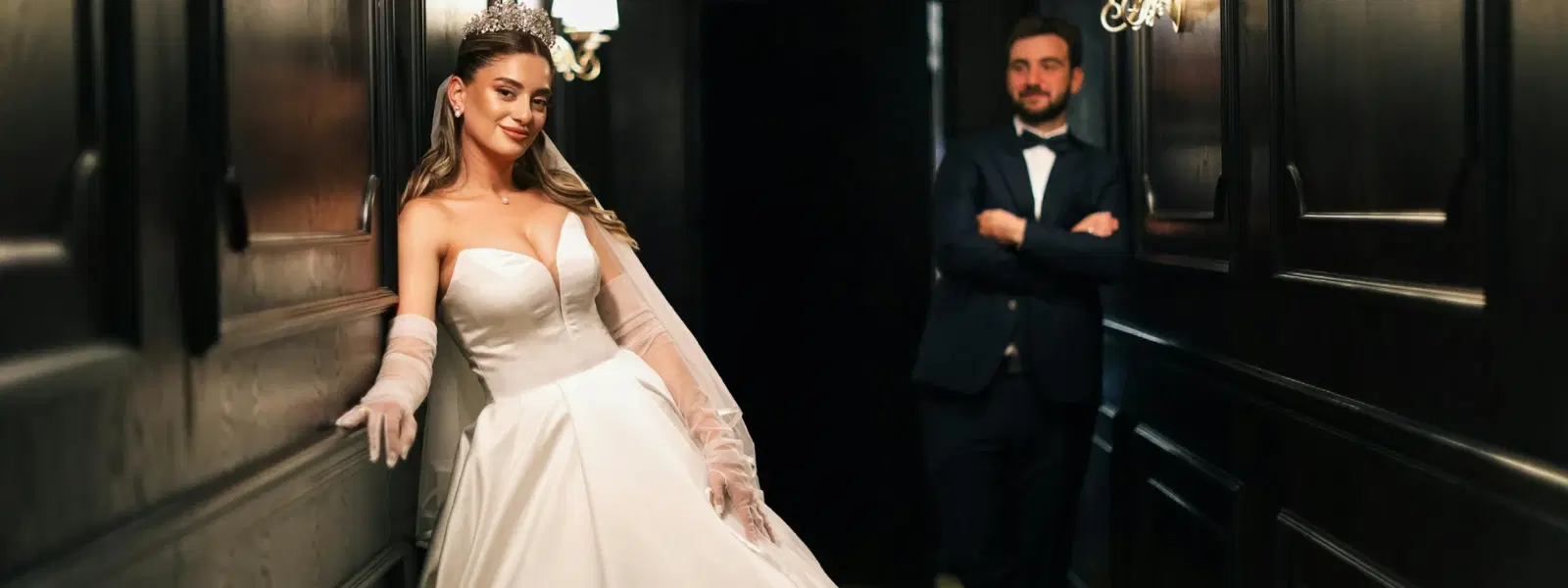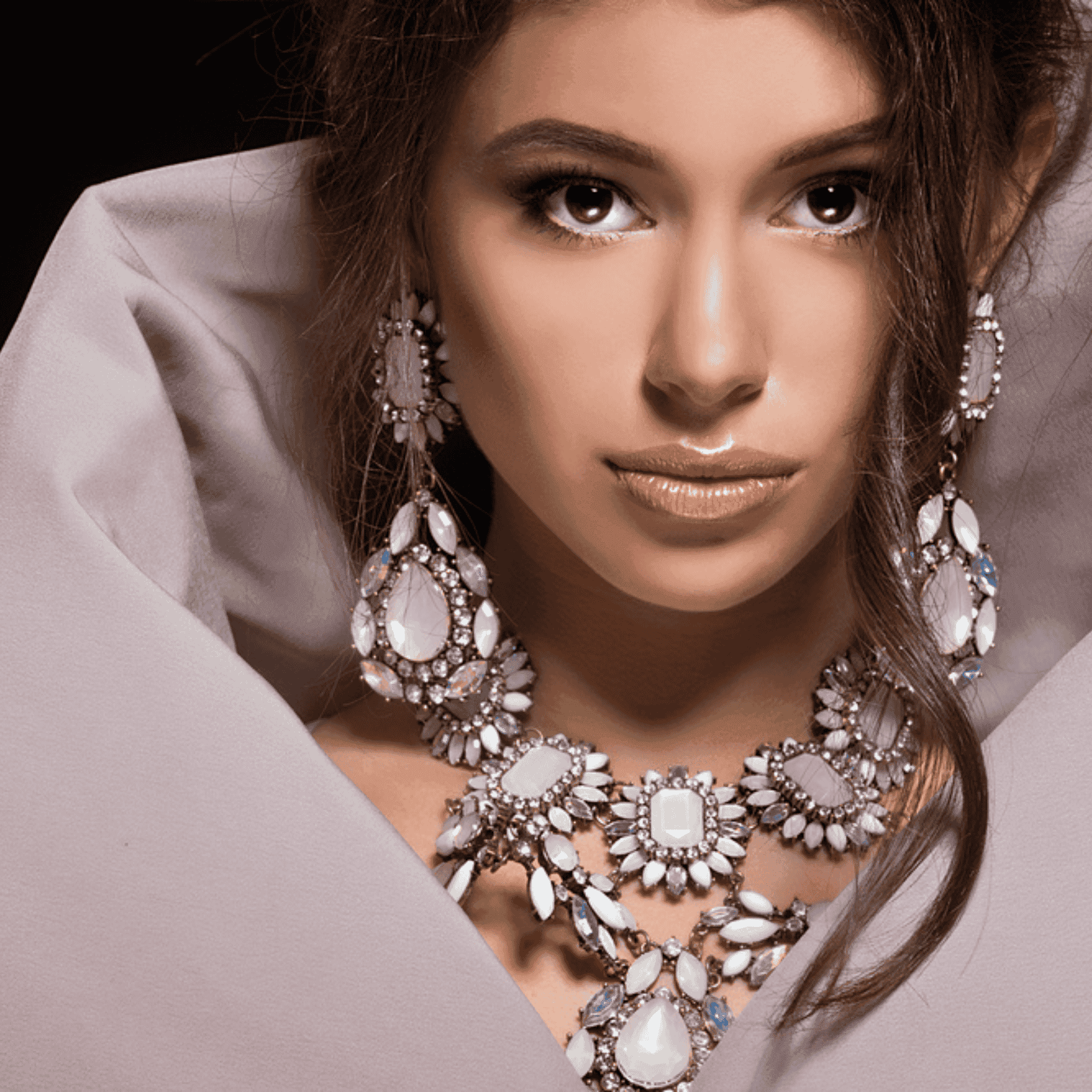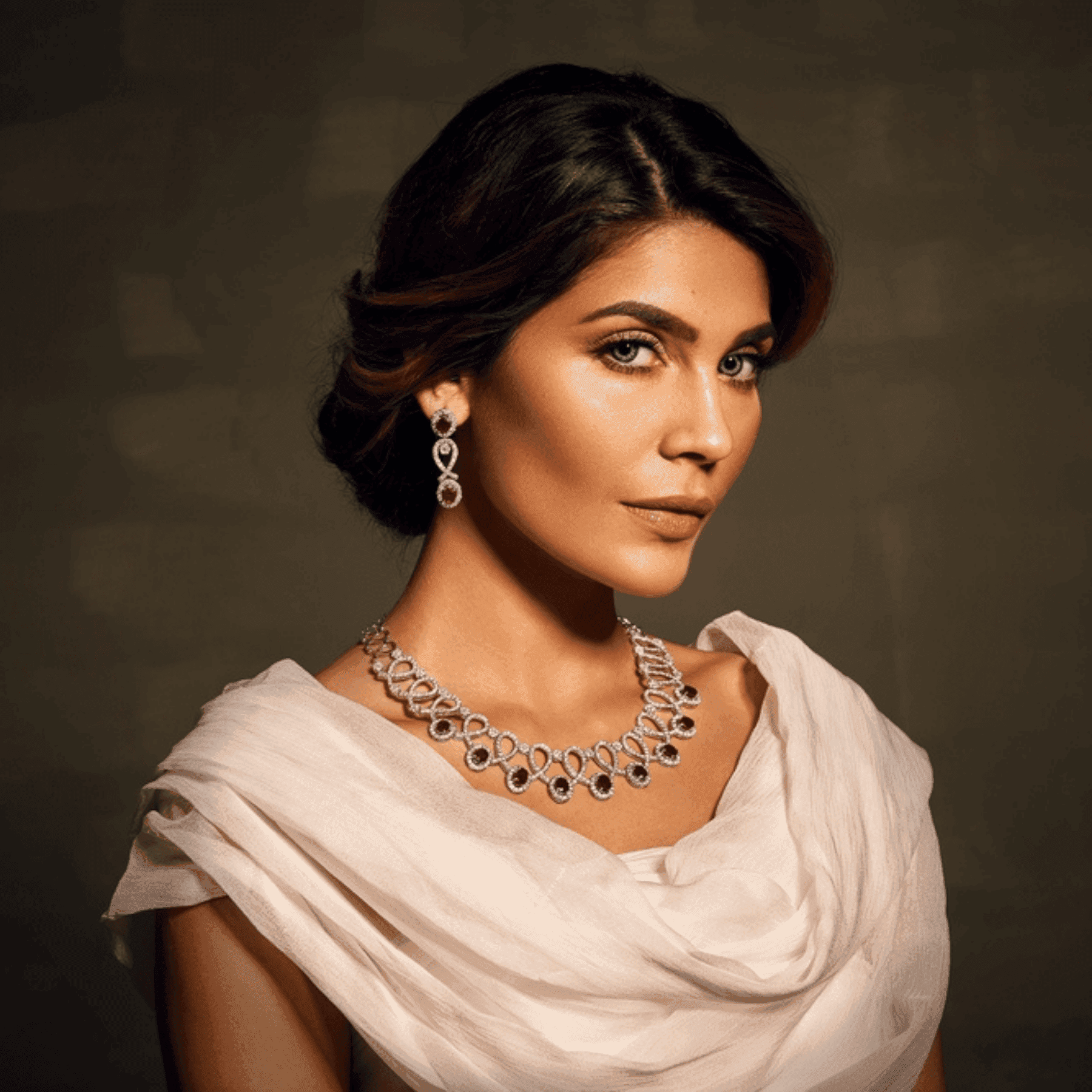
Luxury Edit
•04 min read
-8704a161-e35d-4932-b982-017add6889b1.png&w=3840&q=75)
Luxury fashion has long been synonymous with timeless elegance, exclusivity, and exceptional craftsmanship, while future trends in fashion are driven by innovation, sustainability, and technology. In this blog post, we explore the defining characteristics of luxury fashion and the emerging forces that are shaping the future of fashion. Readers will gain insights into the unique values of both realms, learn about the evolving relationship between traditional craftsmanship and modern technology, and understand how these trends redefine style for today’s discerning audiences.
Luxury fashion is characterized by its superior quality, attention to detail, and storied heritage. It represents a world where premium materials meet masterful craftsmanship, creating pieces that transcend trends and become cherished collectibles. This unique realm of high-end fashion evolution emphasizes limited production runs and exclusive design, inviting thoughtful storytelling and reflections on identity. Key features include:
Use of premium materials and meticulous craftsmanship
Limited production and exclusivity
Emphasis on brand heritage and storytelling
Over the years, luxury fashion has innovated while staying true to its core values. Modern couture styles now embrace minimalist luxury fashion aesthetics and ethical luxury brands. This evolution demonstrates the integration of responsible practices with opulent design, marking the rise of sustainable luxury clothing that resonates with today’s values. Today, fashion enthusiasts are not only drawn to exclusive designer apparel but also towards pieces that speak to sustainability and refined minimalism.
The future of fashion is being reshaped by innovative technologies that transit the way we perceive style. Breakthroughs in AI, wearable tech, and blockchain are redefining design processes and retail experiences. As technology has become an integral part of fashion innovation, we see the advent of:
AI-driven fashion designs and digital fashion presentations
Smart clothing and wearable tech innovations
Blockchain integration for transparency and secure product verification
These advancements are not only enhancing creativity but also ensuring that fashion meets the high standards of the future of fashion in a digitized world.

As the demand for ethical production and eco-friendly materials increases, future trends are aligning with sustainability. Designs are evolving to embrace circular fashion models that emphasize renewable resources and minimize waste. This new focus on sustainable luxury clothing is very much a reflection of consumer values, aiming at longevity and environmental responsibility. The push towards circular fashion signifies an industry-wide transformation that respects both nature and art.
Insight Corner: Did You Know? Sustainability Is Luxury's New Frontier
Many luxury designers are now embracing innovative materials like recycled textiles and alternative leathers to create pieces that are both opulent and eco-conscious. This blend of luxury fashion innovation with sustainable practices highlights an exciting trend where exclusivity meets modern ethics.
While luxury fashion thrives on time-honored craftsmanship and artisanal techniques, future trends are largely propelled by technological breakthroughs. The artistry of traditional methods is now complemented by innovations such as 3D printing and digital design, which streamline production and push creative boundaries. Both approaches influence each other, creating a unique space for technology in fashion and luxury fashion innovation.
Exclusivity has always been a hallmark of luxury fashion, with limited collections and bespoke services defining the experience. On the other hand, future trends are focusing on inclusivity and accessibility. Digital platforms, virtual try-ons, and in-depth style recommendations are changing consumer behaviors by democratizing high-end fashion. This evolution makes luxurious styles more approachable, ensuring that style-savvy audiences can enjoy modern couture styles alongside classic designs.
Luxury fashion creates pieces that stand the test of time, reflecting a deep-seated sense of tradition and lasting appeal. Future trends, however, highlight adaptability and a rapid response to evolving consumer needs. This dynamic shift sees fashion learning from past mastery and embracing contemporary, flexible designs that cater to a fast-changing market. As a result, the conversation now revolves around how luxury brands can adapt while preserving their traditional appeal.
In today’s marketplace, luxury brands are increasingly merging old-world craftsmanship with forward-thinking approaches. Collaborative ventures that bring together designers, technologists, and sustainability experts are reshaping the narrative. By integrating sustainable luxury clothing and innovative fashion designs into their collections, these collaborations are redefining what it means to be exclusive in a modern era. This shared journey is at the heart of the high-end fashion evolution.

The fusion of luxurious heritage with fresh, tech-driven insights is creating new design paradigms. Modern couture styles now feature exclusive designer apparel that integrates sustainable techniques and digital enhancements, making each piece a symbol of both art and future promise. This harmonious blend bridges the gap between timeless luxury and the adaptable, innovative future of fashion, paving the way for more inclusive yet distinct expressions of style.
Luxury fashion is evolving to incorporate sustainability, technology, and inclusivity while still focusing on exclusivity and meticulous craftsmanship.
Technology is impacting luxury fashion through AI-driven designs, smart clothing innovations, and digital experiences that enhance creativity and consumer engagement.
They will primarily concentrate on sustainable practices, circular fashion models, and digital transformation to align with modern consumer demands.
Luxury brands are increasingly emphasizing ethical luxury brands by adopting eco-friendly materials and exploring circular fashion practices to reduce environmental impact.
Yes, by combining traditional craftsmanship with future-forward adaptations, luxury fashion will continue to evolve and remain relevant.
Luxury fashion and future trends represent two key forces that shape the future of fashion. While the former is rooted in a tradition of timeless elegance and exclusivity, the latter is defined by adaptability, technology, and sustainability. Understanding their differences and overlapping elements allows us to appreciate a broader narrative that combines tradition with modernity. As professionals and enthusiasts navigate this evolving industry, they can find inspiration in the way these elements converge to create a richer, more dynamic fashion landscape.